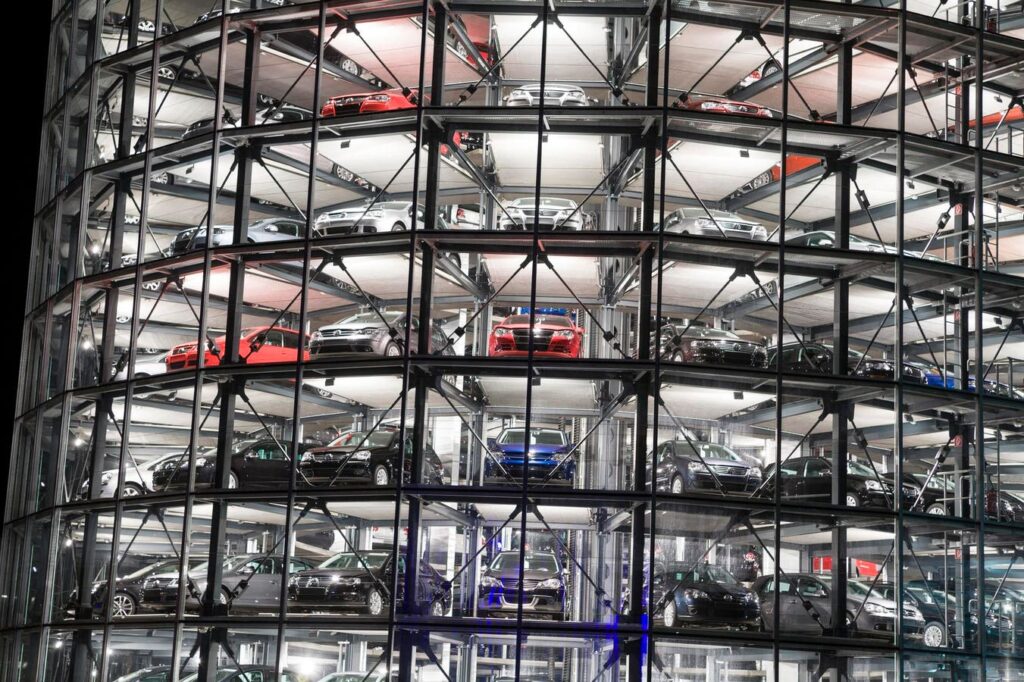Volkswagen has faced challenges recently, with its shares dropping around 5% after the company issued a profit warning last week, indicating a reduction in its profit forecast for 2024 from an expected 6.5%-7% to about 5.6%. Additionally, Volkswagen has revised its sales expectations, forecasting nearly 9 million vehicle sales, down from a previous expectation of modest growth from 9.24 million sales in 2023. This marks the second time this year that the automaker has lowered its profit outlook, a trend that has also affected other major European automotive manufacturers like BMW and Mercedes, while Stellantis experienced a stark 15% drop in stock value due to similar warnings.
The primary cause of Volkswagen’s decline in profit outlook stems from disappointing sales performance within its mass-market sedan and SUV segments. Ongoing negotiations with unions over pay and potential factory closures have multiplied the company’s difficulties, especially as sales in the European market continue to lag behind pre-pandemic levels. Despite the turmoil, Frank Schwope, an automotive industry expert, believes the market overreacted to the profit warning. He pointed out that even with two warnings in 2023, Volkswagen anticipates operational earnings of around €18 billion, a figure that remains substantial despite recent setbacks.
Industry experts have signaled that Volkswagen and its counterparts may benefit from a shift in European Union policy regarding emissions regulations, particularly amid struggles in the auto sector. As the EU considers implementing tariffs on Chinese electric vehicles, the situation could prompt a reconsideration of strict carbon dioxide emissions targets. Currently, Volkswagen’s forecast of 9 million deliveries is over 10% lower than pre-pandemic numbers, leaving car manufacturers vulnerable to fines if they fail to meet upcoming emissions standards. The potential for a delay in carbon emission timelines is strengthening due to these ongoing challenges faced by European automakers.
Amid the difficulties, analysts from Berenberg Bank indicated that Volkswagen’s profit warning does not account for expected restructuring costs, highlighting that the European automotive industry is producing millions less than before the pandemic. Volkswagen, specifically, faces a need to improve capacity utilization to meet its profit margin targets. Achieving the desired 6.5% margin for its VW brand, currently below 2%, will necessitate significant capacity reduction and potential plant closures. However, there are promising signs for future growth, such as the introduction of new electric vehicles, advancements in software, and efforts to recover market share in China.
Investment researcher Jefferies emphasized the critical nature of Volkswagen’s restructuring program for the company’s future viability. With union power significantly influencing corporate governance at Volkswagen, the balance between worker welfare and shareholder interests complicates potential restructuring decisions. The company has historically maintained strong union ties, which might impact its ability to implement necessary operational changes. If Volkswagen’s performance continues to decline, the urgency for restructuring will grow, posing potential risks to the automaker’s financial health while still providing options for gradually fulfilling necessary changes.
In light of the persistent challenges in the automotive sector, Schwope noted that negotiations and restructuring might not drastically shrink the company but could lead to the divestment of certain divisions such as its truck segment or the Ducati motorcycle brand. Historically, Volkswagen has weathered difficult financial periods, and while the upcoming negotiations may result in intensified labor disputes, they are unlikely to mirror the substantial reductions faced in previous decades. Current market responses indicate that while VW shares have continued to face pressure, there is a sense of stabilization among competitors like Stellantis, suggesting a complex yet evolving landscape for European automakers moving forward.

